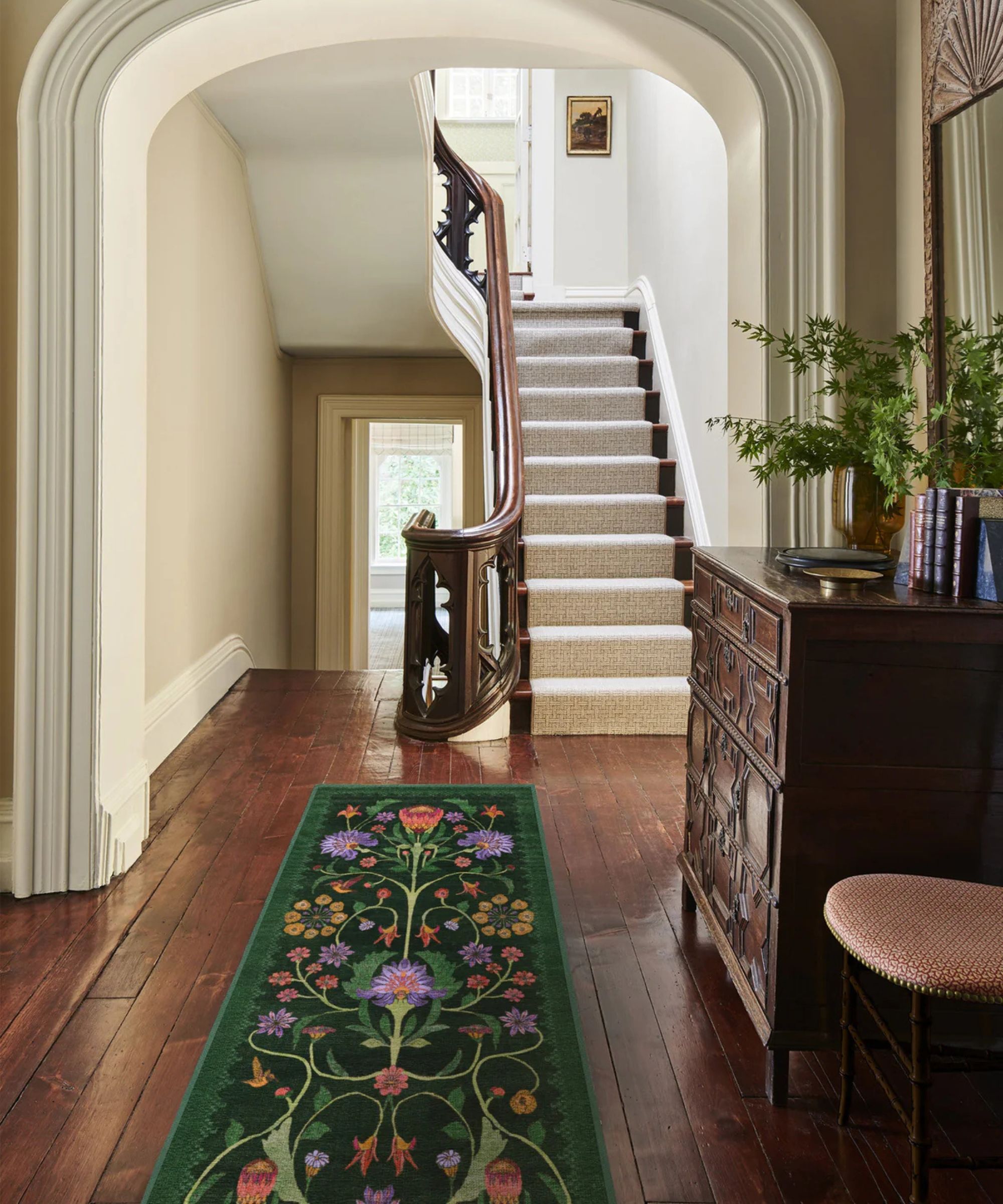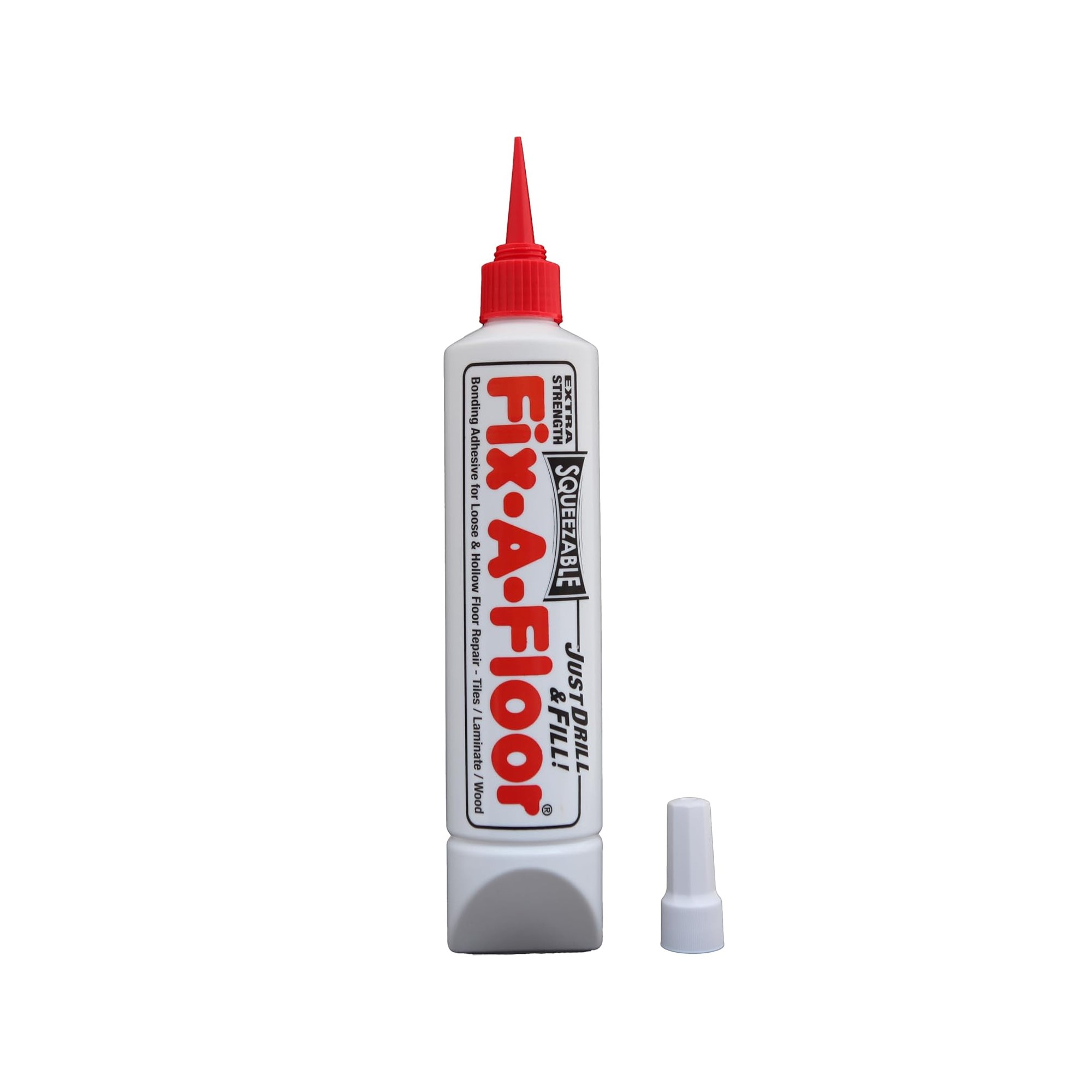Why does my floor creak more in winter? Flooring expert reveals why it happens, and how to fix it
There are three common remedies


Design expertise in your inbox – from inspiring decorating ideas and beautiful celebrity homes to practical gardening advice and shopping round-ups.
You are now subscribed
Your newsletter sign-up was successful
Want to add more newsletters?

Twice a week
Homes&Gardens
The ultimate interior design resource from the world's leading experts - discover inspiring decorating ideas, color scheming know-how, garden inspiration and shopping expertise.

Once a week
In The Loop from Next In Design
Members of the Next in Design Circle will receive In the Loop, our weekly email filled with trade news, names to know and spotlight moments. Together we’re building a brighter design future.

Twice a week
Cucina
Whether you’re passionate about hosting exquisite dinners, experimenting with culinary trends, or perfecting your kitchen's design with timeless elegance and innovative functionality, this newsletter is here to inspire
As we head into winter, you may have noticed your hardwood floors are creaking more. Most floors creak here and there, but a floor that creaks in multiple places can become a real inconvenience.
Loud creaks can wake up family members at night or disrupt concentration for those of us who work from home. There’s so much noise in our daily lives already that most of us would prefer to live without yet another source of it.
But why do floors creak more in winter? And is there anything you can do to fix creaky wood floors without replacing your floorboards? Our flooring experts share their sage advice.
Why floors creak more in winter
The short answer to why floors creak more in winter is because of friction and humidity changes in your home. Rotem Eylor, CEO and Founder at Republic Floor says, ‘In the winter time, the floors contract, causing them to creak because it is not as tight of a fit.’
All floors made from wood (both solid and engineered) go through this process as the seasons change. ‘Heat causes the floor to expand, so they get tighter. Cold causes contraction. The friction created by the contraction is why you might hear creaking sounds’, Eylor explains.
Geoff Walker, Superintendent at ASAP Restoration LLC, offers a more detailed explanation. The key to understanding creaking floors in winter, according to Walker, is that ‘as the air gains and loses moisture throughout the year, the wooden materials that comprise it absorb and release it in lockstep.’
You most likely have noticed this process in action with a door that sticks when humidity is high. The door sticks ‘because it has literally got bigger with water vapor’, says Walker. Conversely, in winter, ‘your wood flooring might have lost as much as two to three per cent of the space that it normally occupies just from water loss to the air.’
Design expertise in your inbox – from inspiring decorating ideas and beautiful celebrity homes to practical gardening advice and shopping round-ups.
Unlike a door that in drier conditions sits more or less flush with the frame as it should, your many floorboards now have an increased capacity to move. As they move, the boards rub against each other or against the nails in the flooring.
The problem will be more or less severe depending on how well the floor was laid in the first place. If there are gaps between the boards, the creaking will be more noticeable because the boards will move more.
What can I do to fix floors that creak in winter?

Geoff Walker identifies three main strategies that are feasible for temporary, wintertime creaks:
- Put shims, available at Amazon, into areas along the baseboard to force loose fitting boards back into place. Remove them during the summer if they expand too much.
- Add adhesive, such as Red Devil Tread adhesive available at Amazon, to the gaps between squeaky boards to solidify the connection and stop the noise.
- Get underneath squeaking boards through crawlspaces and basements to screw into them and stabilize.
Walker cautions homeowners that all three DIY tips ‘have drawbacks and might not be right for every situation.’ You’ll need to use your judgment to decide which one is more appropriate.
Shims, for example, might be the best solution if you’re certain the problem is temporary and you don’t want to mess with adhesives. An adhesive will be a more permanent solution and is good if your floors creak in the summer too (more on that below). Adhesives can be a bit messy, though, and require a steady hand and some experience drilling into floors.
Walker advises that purely from the point of view of floor maintenance, it may be best to leave seasonally creaking floors alone. Putting down a large rug over the area you walk on will muffle the noise, perhaps sufficiently for you not to notice it as much.

This is a simple product that works well for fixing squeaky floorboards. It can get a little messy, so don't squeze too hard. Also, you will need to drill into the floorboards you want to fix with this, so be prepared for that. Still, it's an inexpensive DIY solution if it's just a floorboard or two that's bothering you.
FAQs
What if my floor creaks year-round?
A floor that creaks year-round definitely needs maintenance and may indicate a common flooring mistake, or indicative of a problem with floor joists or sub-flooring. If the creaking is severe and in multiple places, you might need to pull it up and fix underlying issues before relaying the flooring. It’s a big project, so you’ll need to plan for it in advance.
If it’s just a creak or two, you usually should be able to do a quick fix with adhesive or by hammering a few nails to help stabilize the creaking boards.
Meet the expert

Rotem Eylor is the founder and CEO of the global flooring company Republic Floor. Rotem and Republic has been featured in Architectural Digest, The Washington Post, House Beautiful, LA Weekly, and more.
Floors that creak in winter typically do so because of low humidity. However, in some cases, there may be a bigger underlying issue. If you're certain that your floor creaking is seasonal, you try to fix the creaking by closing the gaps between floorboards, or by putting down a rug to reduce noise.
Next, learn about the most common drilling mistakes and how to avoid them.

Anna is a professional writer and academic. She taught English Literature for several years before joining Future where she wrote for Real Homes, Homes & Gardens and Livingetc for four years. She is a regular contributor for Parade Home, BiggerPockets, and many other publications. In her spare time, Anna enjoys hiking and gardening.